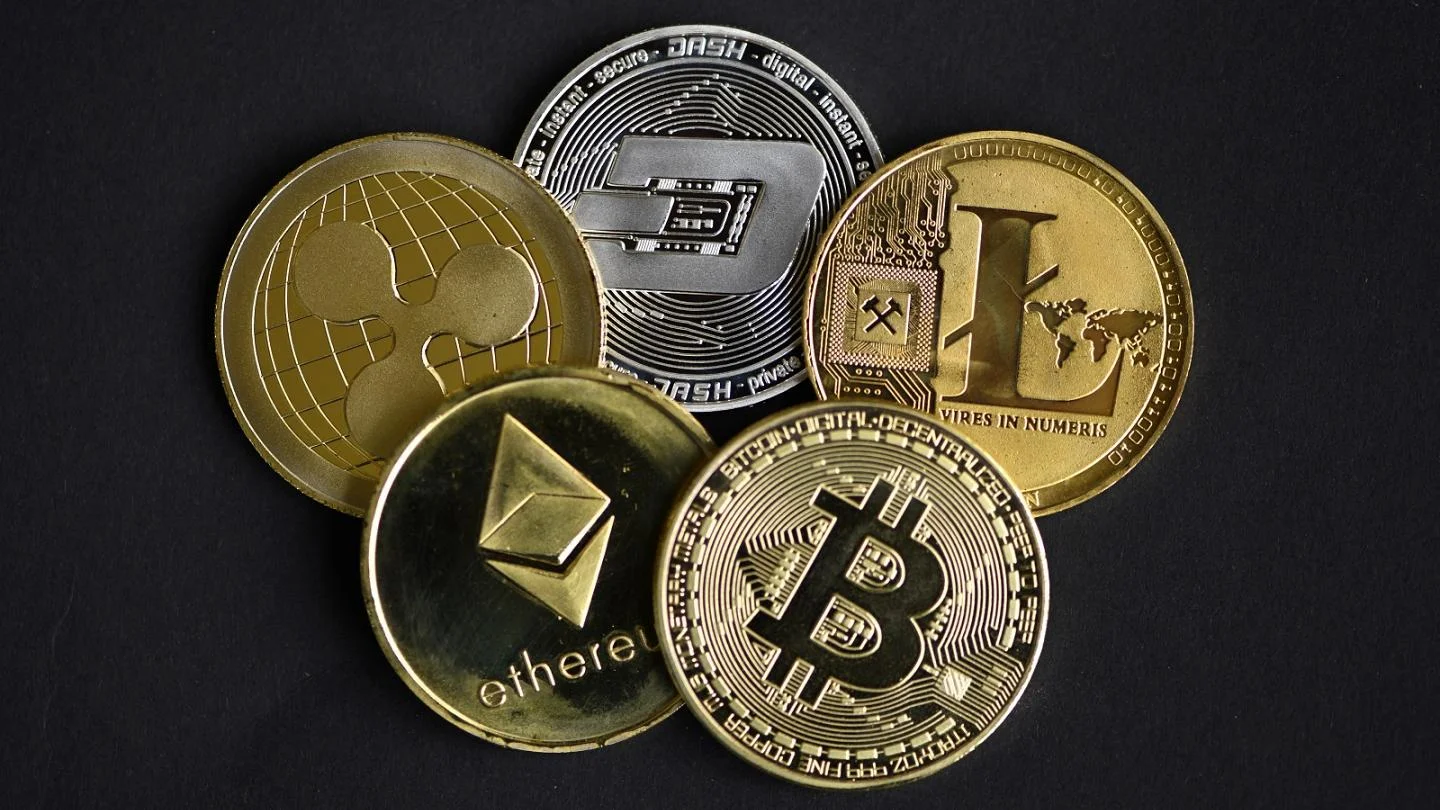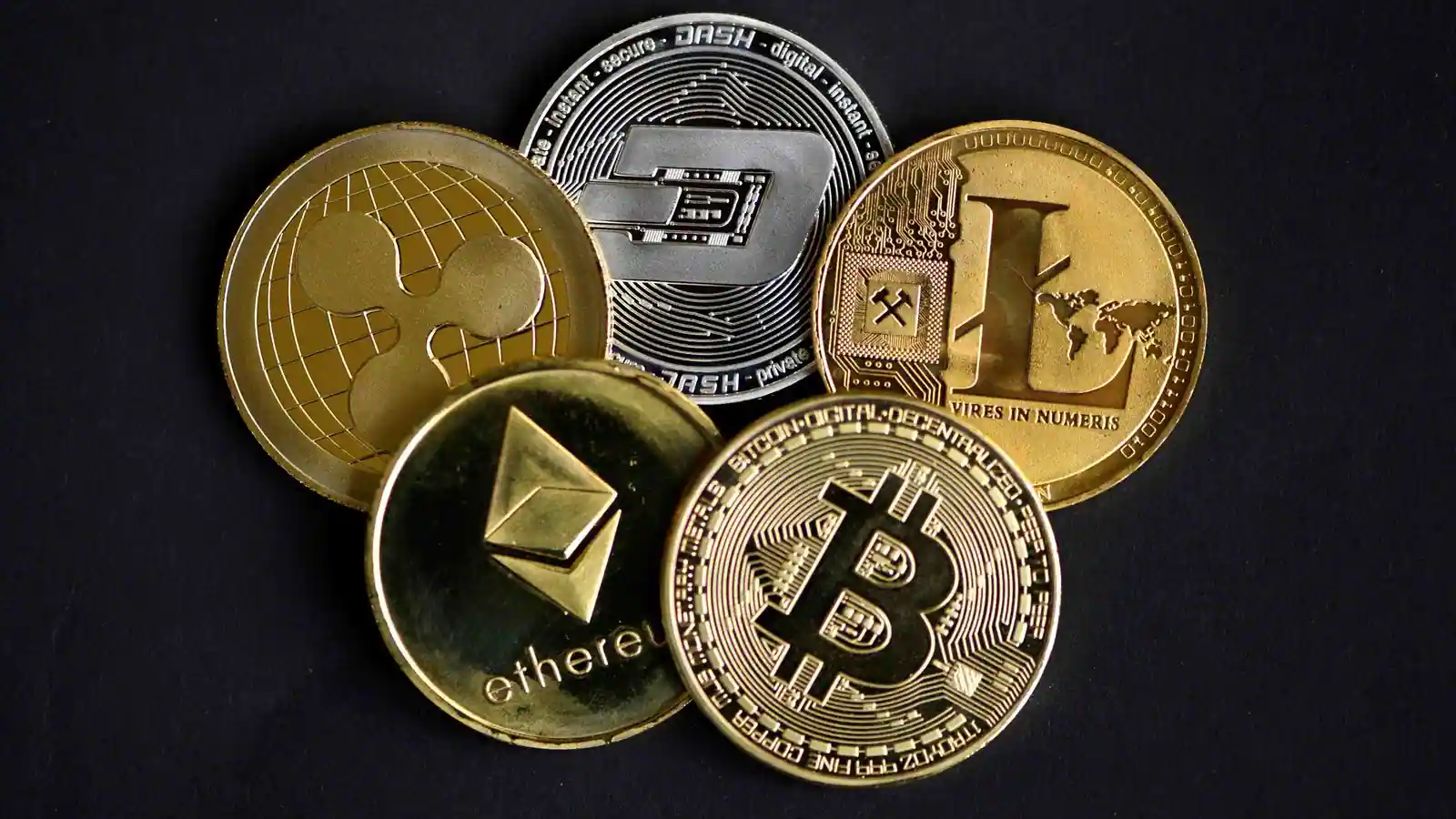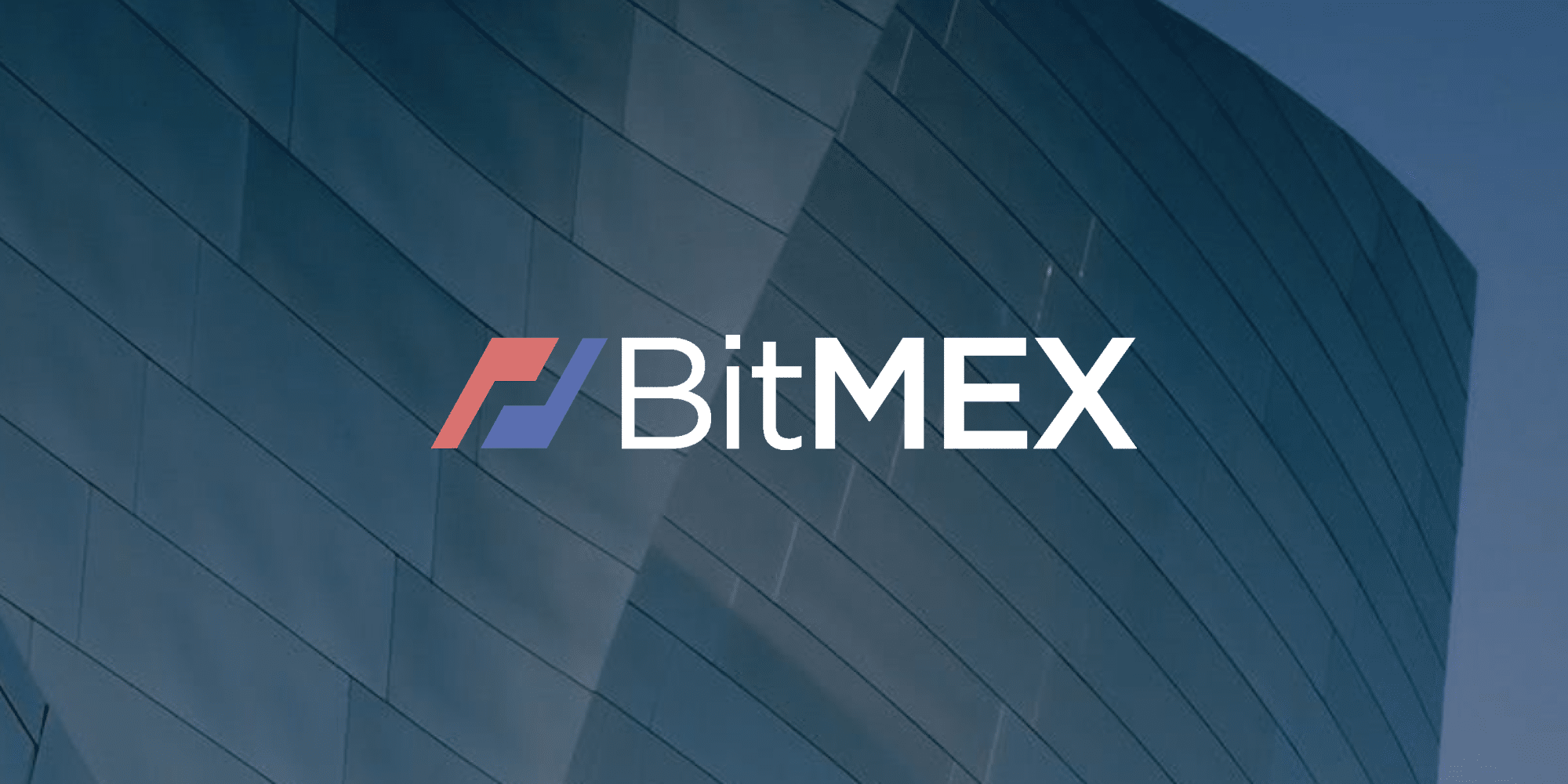
- July 17, 2021
In the midst of regulatory uncertainty, VISA is offering crypto debit cards to Australia.
- To create physical crypto debit cards, CryptoSend, an Australian startup, has partnered up with VISA, a global payments and card issuing corporation.
- The physical debit card will allow users to spend their earned cryptocurrency in nearby shops, restaurants, and other establishments.
- The news comes as the Australian government considers new legislation to regulate the cryptocurrency business.
- The fact that CryptoSend has been approved by VISA suggests that the system may be trusted. To prevent unlawful transactions, the former maintains strong money laundering protocols.
- Bitcoin, Ether, XRP, Bitcoin Cash, and Litecoin are among the cryptocurrencies supported by CryptoSend's debit card.
While the rest of Asia Pacific is busy trying to regulate cryptocurrencies in the best way possible, Australia is already working on new use cases, despite the fact that volatility remains a concern.
CryptoSend, a firm founded by two University of Technology Sydney students, has partnered with VISA, a multinational payments and card issuing company. They plan to release a physical debit card that will allow customers to spend their cryptocurrency in neighbouring shops, pubs, and other establishments.
Instead of converting cryptocurrency to cash before each transaction, the card will enable real-time settlement, allowing users to make purchases directly.
During the pandemic, Australians were not immune to the frenzy around cryptocurrency. As of June, every sixth Australian owned some form of cryptocurrency, according to a research by the investor education app Finder, quoted by The Australian.
Since 2017, cryptocurrency has been legal in Australia, and it is also taxed. However, in light of recent events, the government has put up a fresh proposal seeking input on how to establish sound market practises for financial instruments that expose investors to cryptocurrency-backed assets.
Despite this, the country's central bank has no plans to release a central bank digital currency (CBDC) for retail users, unlike its Asia Pacific peers such as China and India.
Partnering with VISA is a game-changer
The card will be issued by Novatti, a payments processing business registered on the Australian Securities Exchange, and the crypto holdings will be handled by BitGo, a New York-licensed custodian. Bitcoin, Ether, XRP, Bitcoin Cash, and Litecoin are among the cryptocurrencies supported by CryptoSend's debit card.
The participation of VISA, though, is the startup's greater achievement. The payments corporation has strict security standards and anti-money laundering requirements, in addition to the large number of potential users it brings to the table.
VISA's acceptance of CryptoSend suggests that, unlike the myriad of scams and supposed businesses attempting to disrupt an already disturbed sector, the system can be trusted. Although VISA has previously offered similar cards for crypto exchanges such as Binance, they are not currently available in Australia.
""There is no requirement for businesses to make any modifications. To them, it will be just like any other VISA transaction. However, the crypto assets are quickly transformed into fiat on the backend" Cuy Sheffield, VISA's head of cryptocurrency, told me earlier this month in an interview. In the first half of 2021, the business revealed that over $1 billion was spent on crypto-linked VISA cards.
What's the big deal about crypto debit cards?
Despite being decades old, debit cards have revolutionised the payments sector and are an essential part of the worldwide financial system. The card is an important means of replacing cash and facilitating digital transactions. They are, however, usually reliant on a fiat currency such as the dollar.
CryptoSend aims to break down that barrier by allowing customers to use debit cards to access cryptocurrency. Not only is this convenient for enthusiasts, but it also gives individuals who are new to the industry a familiar manner to conduct transactions.
Coinbase has a similar mechanism in place, where customers may link their debit cards provided by the business to Apple Pay or Google Pay to make retail purchases. However, Coinbase's 56 million users pale in comparison to Visa's billion-plus customer base.
When it comes to cryptocurrency regulation, Australia has been ahead of the curve
While other countries are still debating how to regulate the cryptocurrency business, Australia declared crypto exchanges legitimate and covered under the Anti-Money Laundering and Counter-Terrorism Financing Act of 2006 nearly five years ago. In order to operate domestically (AUSTRAC), exchanges have required to register with the Australian Transaction Reports and Analysis Centre from the year 2017.
In the country, a cryptocurrency asset is treated as a fixed asset, similar to a house, and so capital gains taxes are applicable.
The Australian Securities and Investments Commission said a few weeks ago that it would consult stakeholders on suggestions to designate eligible crypto assets and establish good market practises for financial instruments. Consideration of these assets as a new financial instrument may aid the country's adoption of blockchain as a self-growth technology.
Authorities are considering allowing cryptocurrency and other blockchain-based ventures into their financial sandbox. According to a Deloitte research published in October 2018, "The advantages of using the Financial Conduct Authority (FCA) sandbox are numerous.” Participation in the sandbox, according to the report, dispels the misconception that regulation is a barrier to innovation.
“On the contrary, it has demonstrated that regulators can play an active and constructive role in stimulating innovation by granting 'licence to play' to distinctive business models in the highly competitive financial services sector," The report elaborates.
Following the consultation, the Australian regulator will release a feedback report and share information on best practises. The idea of a Bitcoin-based card is gaining traction, and despite the industry's infancy, VISA remains optimistic about its prospects.



















